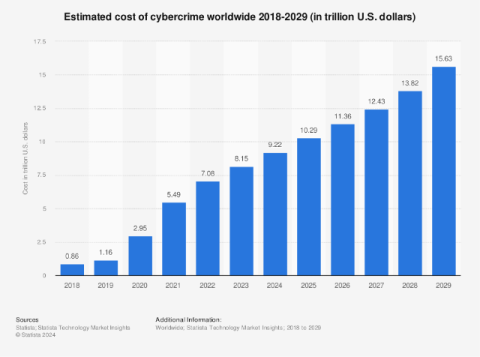Get Caught Up With ggshield: New Ways To Install, Custom Remediation Messages, SERIF, And More...
Discover ggshield's latest enhancements, allowing you to craft custom remediation messages, format scan results in SARIF, and help you better shift left for secrets security.










